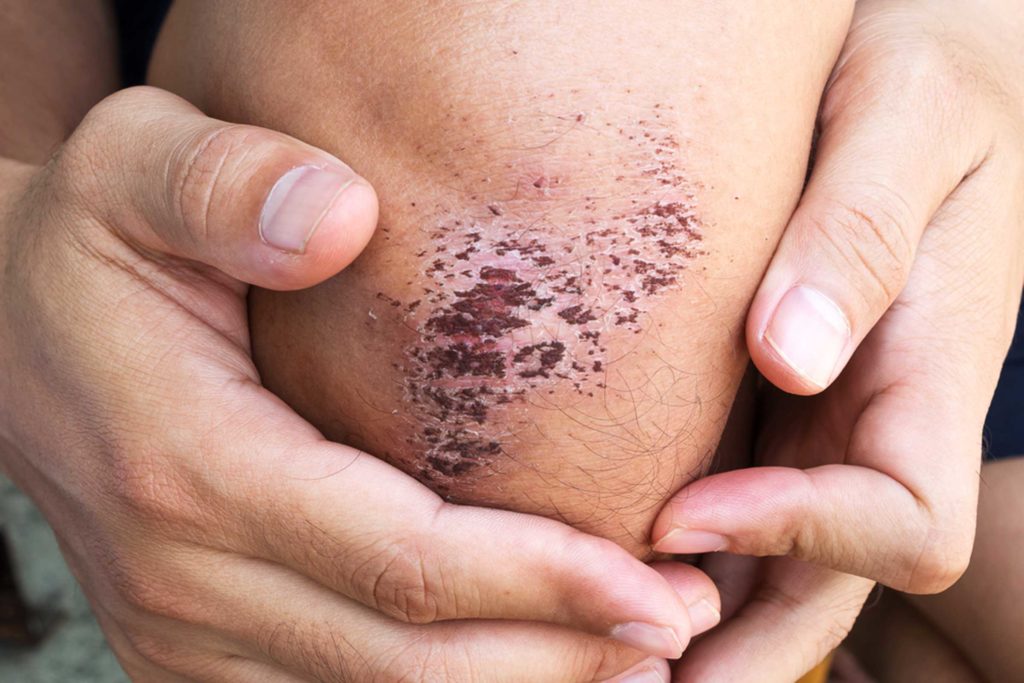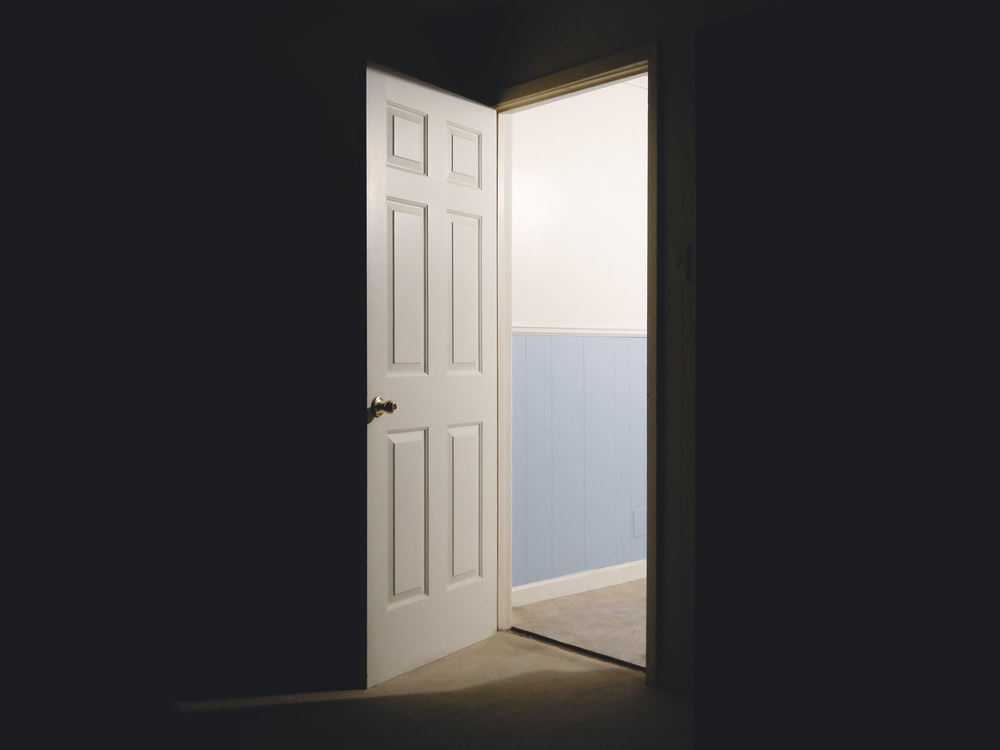Scabs from Heaven

רפאנו ה’ ונרפא… וְהַֽעֲלֵה אֲרוּכָה וּמַרְפֵּא לְכָל־תַּֽחֲלוּאֵֽינוּ וּלְכָל־מַכְאוֹבֵֽינוּ וּלְכָל־מַכּוֹתֵֽינוּ /Refaenu Adonay ve’nay’rafeh…. Ve’ha’aleh arukha u’marpeh lekhol tah’lueinu u’le’khol makhoveinu u’le’khol makotenu. “Heal us and we will be healed … let arise a healing scab to all our suffering, pains and wounds.” The eighth blessing in the Amidah is for healing, or refuah. The Talmud [Megillah… Read more »








